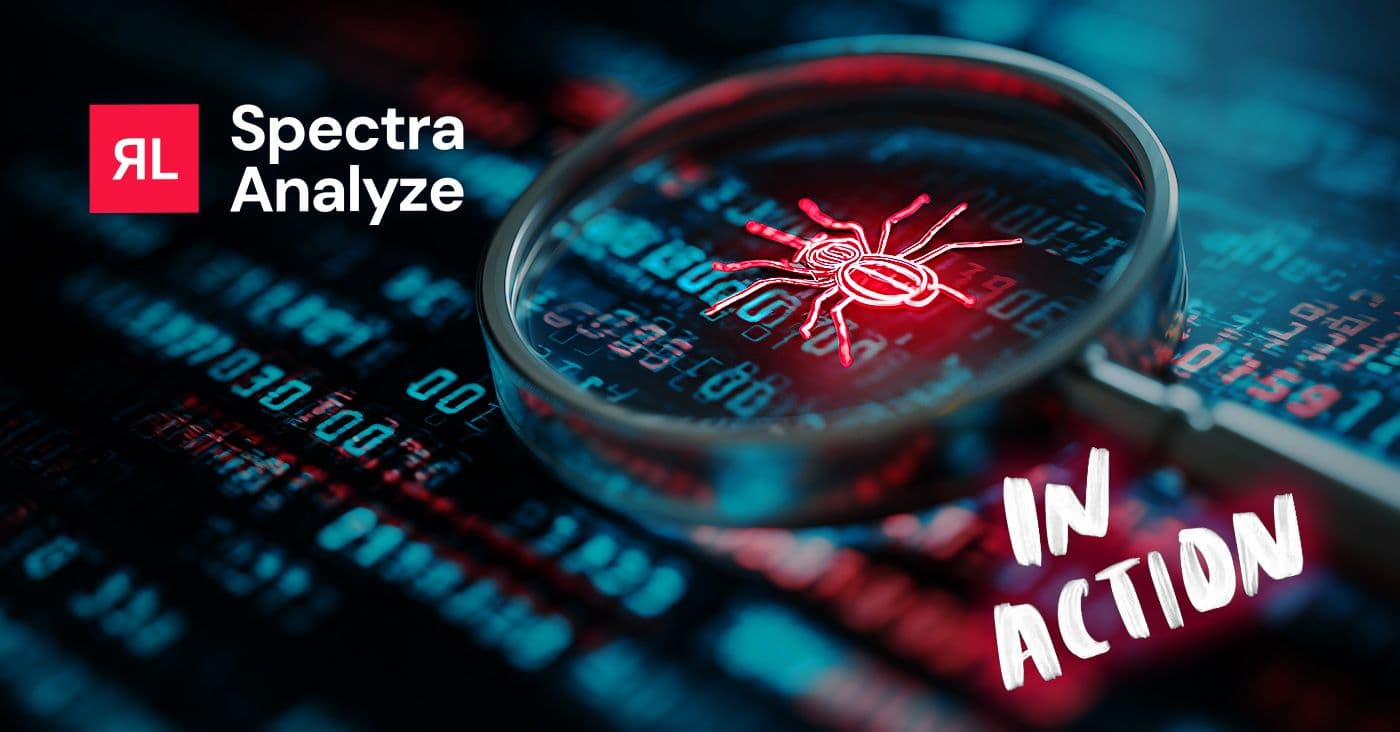
How AI agents upend supply chain security
Here’s what you need to know about their impact on software security — and what you can do to fight back.
Software tampering — The unauthorized modification or alteration of computer software conducted without the knowledge or consent of its rightful owner or developer. This practice encompasses malicious activities ranging from reverse engineering and cracking to injecting insidious malware and manipulating code. Think of it as a digital break-in — trespassing into a software system without permission.
• Security risks: Software tampering can open the door to data breaches, compromise of sensitive information, and financial losses.
• Reputation damage: A software breach can tarnish your organization's reputation, eroding trust with customers and partners. Understanding software tampering helps protect your brand's integrity.
• Legal and compliance issues: Unauthorized tampering with software can lead to legal liabilities and compliance violations, potentially resulting in costly lawsuits and penalties.
• Business continuity: Software is often integral to business operations, and tampering can disrupt critical functions, leading to downtime and revenue loss.
• Reverse engineering: Hackers may reverse engineer software to uncover vulnerabilities, create unauthorized copies, or exploit weaknesses.
• Cracking: This involves bypassing copy-protection mechanisms, such as license keys, thus enabling unlicensed use or distribution of software.
• Malware injection: Injecting malicious code into legitimate software can compromise its integrity and potentially allow an attacker to take control of the victim's system.
• Code manipulation: Attackers may modify the software's source code or binaries, introducing vulnerabilities or backdoors.
• Unauthorized updates: Tampering with software updates or patches can lead to the installation of malicious code, undermining security.
• Enhanced security: Fortifying your software serves as a bulwark against cyberthreats, essential to the defense of your data and systems.
• Meticulous reputation management: By vigilantly upholding software integrity, you perpetuate your brand's reputation and foster trust among customers and partners.
• Adherence to compliance: Preventing tampering guarantees alignment with legal and industry regulations, thus preventing the risk of regulatory reprimands.
• Avenues for cost savings: Dodging security breaches translates into significant cost savings. You sidestep the financial abyss stemming from legal fees and compensation payouts.
• Business continuity assurance: Secure software bestows uninterrupted business operations, deftly averting downtime and safeguarding against potential revenue drains.
• Code signing: This acts as an authentication stamp, reassuring users that they are downloading legitimate software.
• Encryption: Shield your software with encryption to thwart unauthorized access and alterations during transit and storage.
• Regular integrity checks: Enforce periodic integrity checks on software components. These checks serve as sentinels, vigilantly patrolling for unauthorized modifications.
• Access control vigilance: Rigorous access control shields sensitive software components. Regular audits of permissions play a crucial role in thwarting insider threats.
• Patching and updating: Keep your software and its dependencies up to date with security patches. Patching serves as a bastion against known vulnerabilities.
• Security awareness: Education is essential in the battle against software tampering. Empower your employees and users with knowledge about the risks of tampering and the value of unwavering vigilance.
• Financial institutions: As the custodians of sensitive customer data and financial transactions, financial institutions must prevent software tampering. Rigorous security measures and routine software audits shield them from malicious actors aiming to exploit vulnerabilities for financial gain.
• Health care providers: Patient records must be protected, and life-critical medical devices must not fail. Preventing software tampering is, therefore, a nonnegotiable commitment. In health care, security protocols and incessant monitoring are necessities.
• Software developers: Software providers must ensure that their applications are not compromised. They rely on digital signatures, diligently monitor downloads, and engage actively with the developer community. By doing so, they protect their intellectual property and nurture the trust of their user base.
Understanding the nature of software tampering, the risks it poses, and the strategies to prevent its malevolent advance are requirements if the security, integrity, and reputation of your digital assets are to be properly safeguarded.
For further insights into software tampering, explore the following articles:

Here’s what you need to know about their impact on software security — and what you can do to fight back.

With AI-powered tools readily available, sophisticated attacks no longer require sophisticated attackers.

Learn how to use RL’s analysis of "pkr_mtsi" to advance your detection engineering in Spectra Analyze.